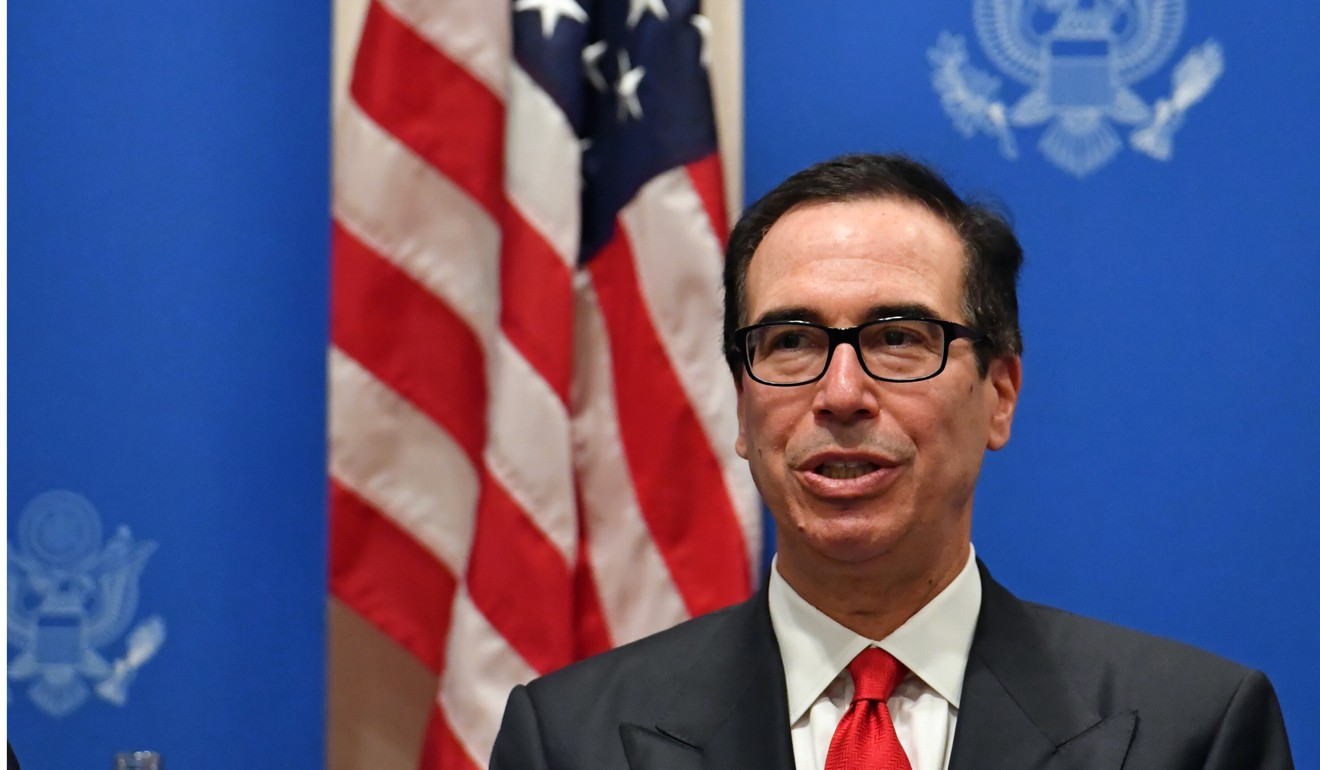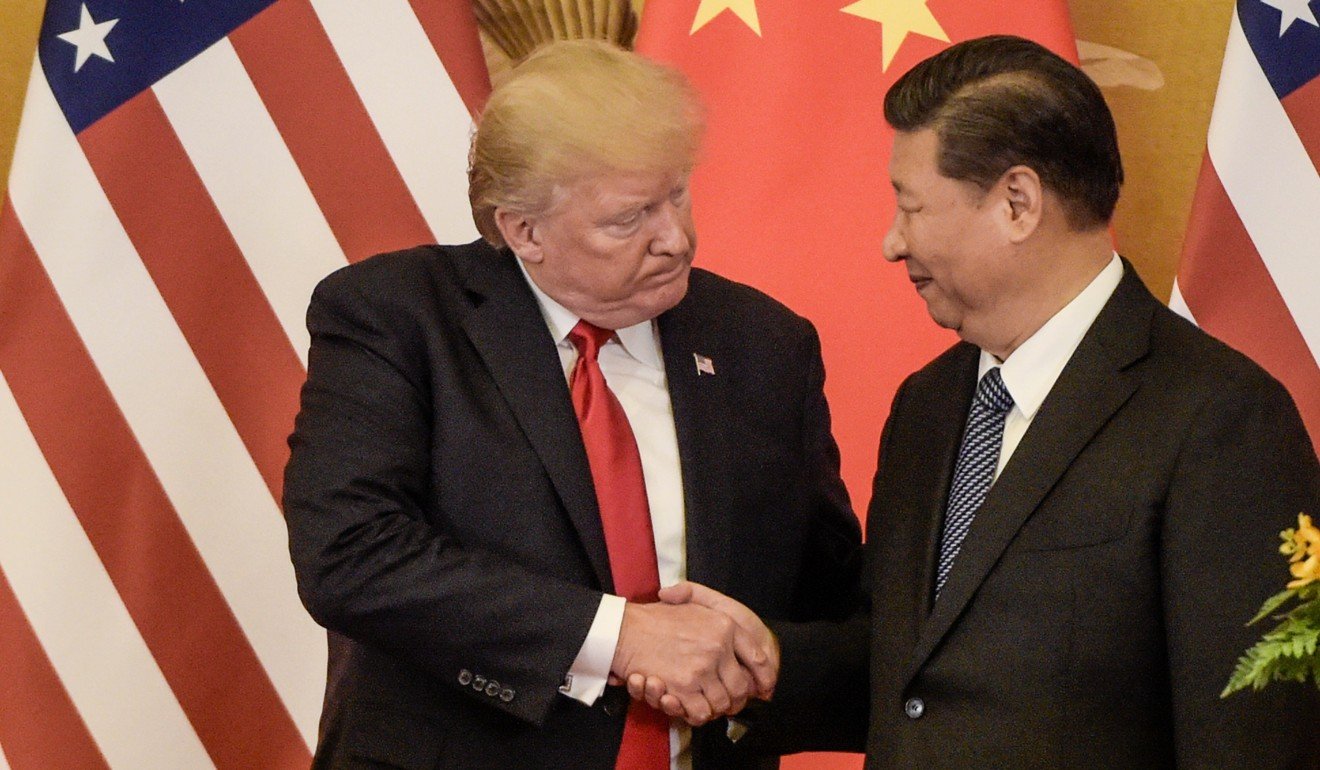Did China’s trade negotiators make promises they couldn’t keep? US Trade Representative Robert Lighthizer thinks so
- Official tells House committee he considers ‘some forces in China’ decided that its negotiators ‘went out beyond their mandate’
- But he remains confident talks will resume, has ‘trust and complete good faith’ in his Chinese counterparts

Chinese officials negotiating a trade deal with the United States might have offered concessions beyond their mandate, US Trade Representative Robert Lighthizer said on Wednesday when questioned about why the talks might have faltered last month.
Asked at a congressional committee meeting in Washington why the Chinese side walked away from the latest negotiations, Lighthizer said: “My speculation is that some forces in China decided that they had gone too far, went out beyond their mandate.”
While he did not elaborate on who those forces might be or what items might have been considered unacceptable, he said he had “trust and complete good faith” in the people he was dealing with.
“My hope is we can get back on track,” he told the US House of Representatives ways and means committee meeting.
Lighthizer said he planned to speak to his opposite number in China to discuss trade issues ahead of the planned meeting between presidents Xi Jinping and Donald Trump on the sidelines of the G20 summit in Japan next week.
“I have a conversation set up with my counterpart on the telephone in the next day and a half, and then I expect to meet him with [US Treasury Secretary Steven] Mnuchin in Osaka before the presidents meet,” he said.
Without saying whether the get-together in Japan would be considered a resumption of trade talks, Lighthizer said: “We’re talking, we’re going to meet and, you know, we have the same objective that you and the other members have.
“And that is that if we can resolve these issues in a way that improves this relationship, preserves the competitive advantage of the United States, we have an obligation to do that, and hopefully we’ll get to that point.”
As to when actual negotiations might restart, he said: “I can’t say at this point.”

Xi on Tuesday confirmed his plan to meet Trump on the sidelines of the annual meeting of the Group of 20 major and emerging economies on June 28 and 29. The talks are the first positive development since negotiations to resolve a near year-long trade and technology dispute between the world’s two biggest economies ground to a halt in May.
Chinese commerce ministry spokesman Gao Feng said on Thursday that the heads of the two trade teams would communicate in accordance with the instructions of their heads of state.
“China’s stance on the trade talks with the US has been clear and coherent. China’s core concerns must be dealt with properly,” Gao said.

Shen Dingli, a professor of international studies at Fudan University in Shanghai, said he expected the presidents’ meeting to be a precursor to the resumption of formal trade talks.
“The meeting between Liu [He, China’s lead negotiator] and Lighthizer is to prepare the stage for the two presidents, not to decide what Xi-Trump should talk about,” he said.
The US has repeatedly accused China of reneging on commitments made during the talks, though Beijing has said the US should bear equal responsibility for failing to reach a deal.
A commentary published on Wednesday night by Taoran Notes, a social media account that Beijing has used to release information about the negotiations, suggested China’s leaders remained committed to their cause.
“If the US initiates the talks, then they better show sincerity. If they insist on their previous tone, then China will also not change our response,” the article said, adding that some US officials had continued to make hawkish comments about China in recent weeks.
“The results depend on whether some people in the US can solve problems by treating us as equals and take care of each others’ reasonable concerns.”
On June 2, China released a white paper on the trade talks in which it said respect for “sovereign affairs” was a prerequisite for further talks, and that for any deal to be struck the US must first remove all of its tariffs.
The US said it wanted the option to impose additional tariffs on Chinese products if it were not satisfied with the progress made on a trade agreement, adding that Beijing must not impose tariffs in retaliation.